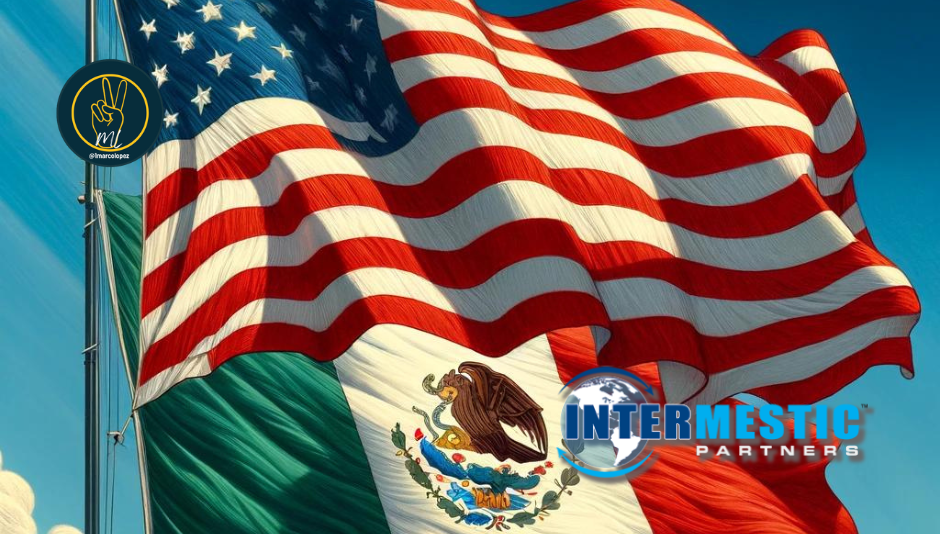
Navigating the Future of Mexico-U.S. Relations: Impacts of Election Outcomes
- Marco Lopez

- Apr 10, 2024
- 2 min read

As founder of Intermestic Partners and drawing on my extensive experience, including my tenure as the mayor of a border city in Arizona, director of the Arizona Department of Commerce, and chief of staff at US Customs and Border Protection, I delve into the complexities of Mexico-U.S. relations post the upcoming Mexico elections. These elections, pivotal to shaping the trajectory of bilateral relations, present a spectrum of scenarios with profound implications for trade, immigration, border security, drug control, and environmental concerns.
The political climate of the elections underscored themes of economic development, healthcare reform, and national security, with parties showcasing varied policy platforms. The election outcomes signal potential directions in Mexico-U.S. relations, ranging from stable governance fostering policy consistency to coalition governments that might introduce policy shifts or even volatile political landscapes leading to uncertainties.
In a stable government scenario, we might see streamlined policy approaches, enhancing established agreements and coherent strategies on pivotal issues. Contrastingly, a coalition government could face challenges in maintaining consistent policies, potentially leading to shifts in Mexico’s stance on key bilateral issues. The uncertain political waters, marked by disputed election results or public protests, could strain bilateral ties, introducing policy uncertainties due to internal tensions.
The implications for key bilateral issues are significant. For instance, immigration policy could see comprehensive reforms or stringent measures depending on the government's nature. Trade agreements could either gain continuity and predictability or face uncertainties impacting cross-border commercial relations. Similarly, border security, drug control, and environmental concerns are subject to the prevailing political scenario's influence.
Intermestic Partners, with our expertise in cross-border trade and development, stands ready to assist stakeholders in navigating these complex dynamics. Our experience, especially my background in significant roles related to border and international relations, positions us uniquely to offer insights and collaboration opportunities for those looking to understand or engage in the evolving landscape of Mexico-U.S. relations.
In conclusion, the upcoming Mexican elections are a testament to the intricate relationship between these two nations. As we look to the future, understanding the implications of these political outcomes is crucial for stakeholders on both sides of the border.
For an in-depth understanding and to explore collaboration opportunities, I invite you to reach out to us at Intermestic Partners, where we leverage our expertise to foster positive developments in international relations.
.png)




Comments